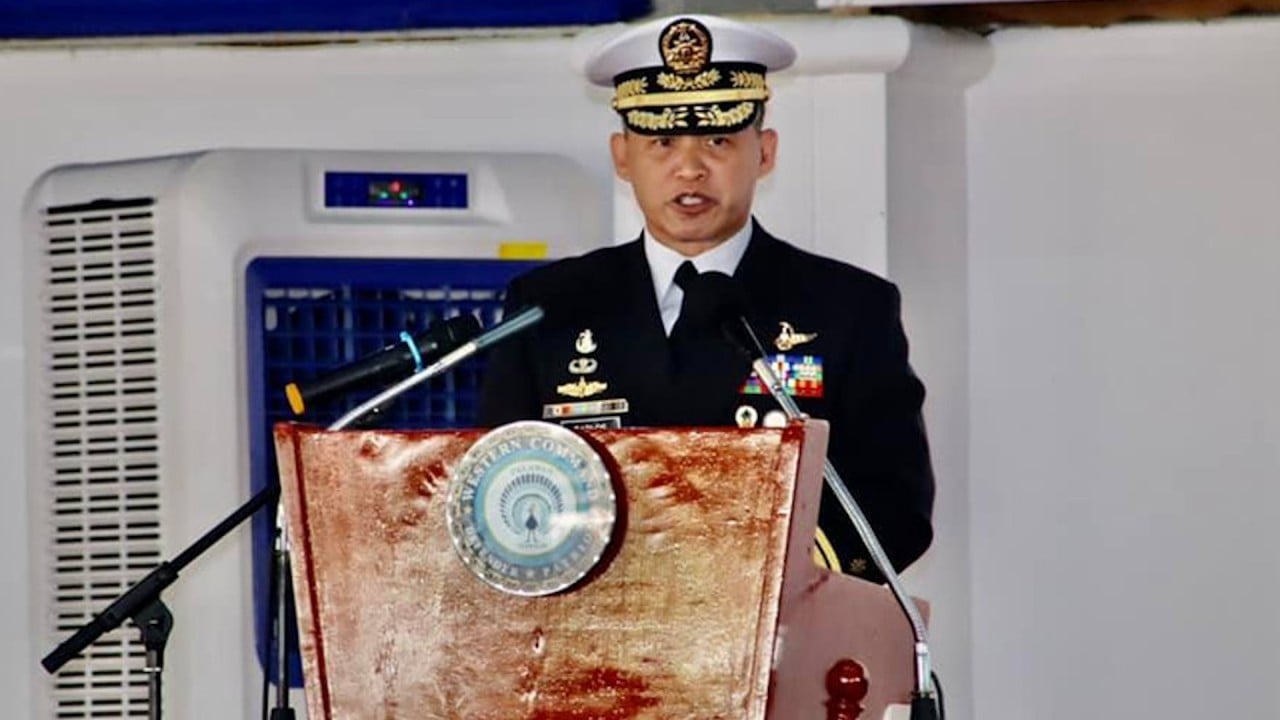“Economy and strategy are the two sides of the same coin … Security in Europe and the Indo Pacific are increasingly interlinked. Your security is an important part of our security,” said Borrell.
He also warned that “China’s so-called no limit partnership with Russia, although everything has limits” and North Korea’s support for the war in Ukraine had a “direct impact on European security with the promulgation of Russia’s war of aggression against Ukraine”.
Borrell referred to the Indo-Pacific as the “beating heart of the world,” noting that around 40 per cent of the EU’s trade passes through the South China Sea.
“That’s why avoiding tensions in the South China Sea or the Taiwan Strait is of the utmost importance for us,” said Borrell.
“All these happen in an international context in which we are confronted by the return in both Europe and Asia to a challenging … rivalry.”
In April, the French navy joined US and Philippine ships for the first time in a 10-day training exercise in the South China Sea.
“We are multiplying our partnerships with the region, or more precisely security and defence partnerships,” said Borrell.
“We are a credible and committed partner for security and defence … The European Union has a know-how and added value in non-traditional security domains, and we are willing to build close corporation in this area in cyber, in disinformation and furthering interference, [and] in the maritime domain.”
In response to a question about possible Chinese arms exports to Russia, Borrell said Beijing has promised not to supply weapons to Moscow and “cannot be put at the same level as North Korea or Iran”.
However, he said the EU would remain “vigilant” about whether Chinese exports of products that have dual military and civilian uses would help Russia get round international sanctions.
“They [China] continue insisting that they don’t supply arms and we don’t have evidence this is happening. But there is not a clear border between arms and non-arms,” said Borrell.
“Certainly economic relations between Russia and China have increased a lot. In the last two years, the amount of exports from China to Russia has increased more than in the last 10 years.”
In February, the EU blacklisted four Chinese companies – three on the mainland and one in Hong Kong – for circumventing EU sanctions and contributing to Russia’s military and technological development.
“Some Chinese companies have limited [with] their capacity to trade with our European firms because they were suspicious this could be the way they are circumventing sanctions and we are vigilant for that,” said Borrell.
In response to a question, he also dismissed a Chinese official’s claim that “Nato’s eastward movement caused the war in Ukraine”. Instead he blamed Russian leader Vladimir Putin saying he had decided “to unlawfully invade his neighbour who had an inferior military”.
He added that Putin “assumed that he could very quickly roll over his neighbour” but has not achieved any of his strategic objectives.
“As to whether or not we’re trying to create a Nato in the Indo-Pacific, I will tell you that what we’re doing is what I said earlier in the speech. Like minded countries with similar values and a common vision of a free and open Indo-Pacific are working together to achieve that vision.”


